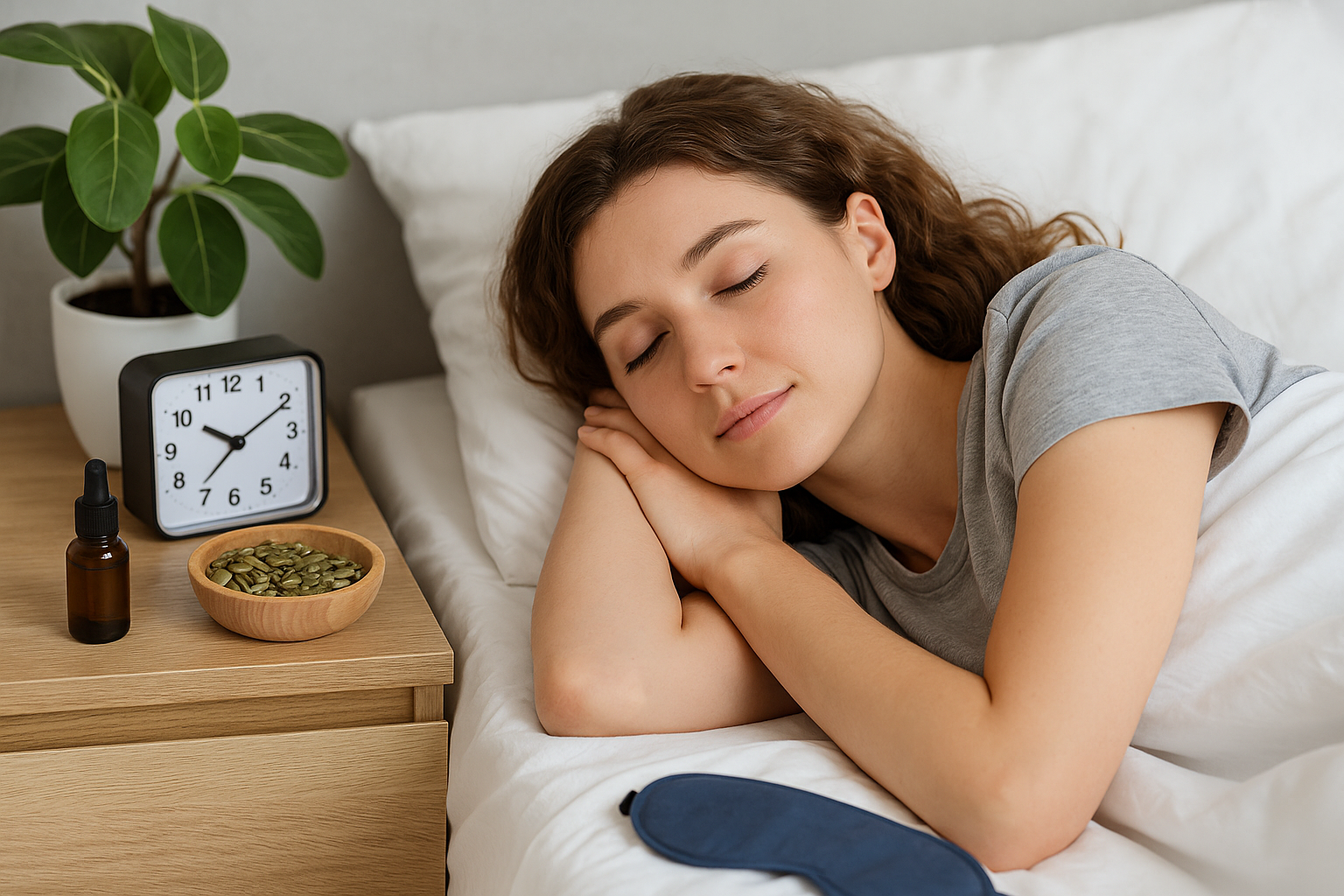
Can I Sleep 30 Minutes After Eating? Effects & Tips: Many people wonder whether it’s safe or healthy to sleep shortly after eating. Whether it’s a late-night snack or a heavy dinner, lying down immediately after a meal can have several effects on digestion, sleep quality, and overall health. In this blog, we’ll explore the science behind sleeping after eating, the potential risks, and how to optimize your eating and sleeping habits for better well-being.
Contents
The Science Behind Sleeping After Eating
Digestion is a complex process that requires the body to be in an active state, at least to some extent. When you eat, your stomach produces acids and enzymes to break down food, and your intestines work to absorb nutrients. Lying down too soon after eating can interfere with this process, leading to discomfort or health issues.
-
- Gravity’s Role: Staying upright helps food move smoothly through the digestive tract. Lying down can cause stomach acid to flow back into the esophagus, leading to acid reflux or heartburn.
-
- Metabolism & Sleep: Your metabolism slows down during sleep, which may delay digestion and cause bloating or indigestion.
-
- Blood Sugar Levels: Eating high-carb or sugary foods before bed can spike blood sugar levels, potentially disrupting sleep.
Risks of Sleeping 30 Minutes After Eating
Sleeping immediately after a meal can lead to several short-term and long-term health issues, including:
-
- Acid Reflux & Heartburn: Lying down too soon can allow stomach acid to escape into the esophagus, causing a burning sensation.
-
- Poor Digestion: Incomplete digestion may lead to bloating, gas, and discomfort.
-
- Weight Gain: Late-night eating, especially high-calorie foods, can contribute to weight gain due to slower metabolism at night.
-
- Disrupted Sleep: Digestive discomfort can make it harder to fall asleep or stay asleep, reducing sleep quality.
Read Also: Is It Bad To Sleep Right After Eating?
How Long Should You Wait Before Sleeping?
Experts generally recommend waiting 2-3 hours after a meal before lying down. This allows enough time for the stomach to empty partially and reduces the risk of acid reflux. However, if you must sleep sooner, follow these tips:
-
- Eat a lighter meal (small portions, low-fat foods).
-
- Avoid spicy, acidic, or fried foods before bed.
-
- Prop yourself up with pillows to keep your upper body elevated.
Best & Worst Foods Before Bed
Best Foods for Better Sleep:
-
- Bananas (contain magnesium and potassium for muscle relaxation).
-
- Oatmeal (complex carbs promote serotonin production).
-
- Almonds (rich in melatonin and healthy fats).
-
- Herbal tea (chamomile or peppermint aids digestion).
Worst Foods Before Bed:
-
- Caffeine (coffee, chocolate, or energy drinks disrupt sleep).
-
- High-fat meals (take longer to digest).
-
- Spicy foods (can trigger acid reflux).
-
- Alcohol (interferes with deep sleep cycles).
Extra Tips for Better Digestion & Sleep
-
- Take a short walk after eating to aid digestion.
-
- Practice mindful eating—chew slowly and avoid overeating.
-
- Stay hydrated, but limit liquids right before bed to avoid waking up for bathroom trips.
-
- Try relaxation techniques like deep breathing or meditation if digestion keeps you awake.
FAQ
1. Can I nap 30 minutes after eating?
2. What if I have GERD or acid reflux?
3. Does sleeping on the left side help digestion?
4. Can drinking water before bed cause problems?
Conclusion
Sleeping 30 minutes after eating is not ideal and can lead to digestive discomfort, acid reflux, and poor sleep quality. To promote better digestion and restful sleep, aim to wait at least 2-3 hours after a meal before lying down. Opt for light, sleep-friendly snacks if you’re hungry before bed, and avoid heavy, spicy, or fatty foods.
Author Details




Medical content by qualified psychiatrists
Our editorial policy

Zopiclone precautions Read our potential abuse notice

Looking for a seller? Locate the best Zopiclone vendor






